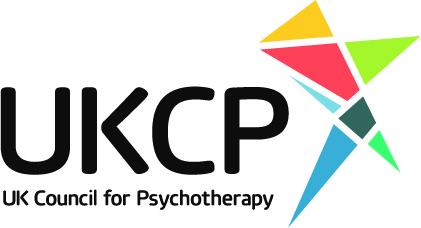
Depression
Depression is usually defined as an illness characterised by prolonged low mood and a wide range of other possible symptoms, which vary from person to person and may include feeling helplessness, hopelessness, meaninglessness, low self-esteem, change in sleeping patterns, loss of appetite, decline in sexual functioning and low energy levels. Depression can develop quickly or gradually and it can strike anyone.
There are two main hypotheses regarding the cause of depression, a biomedical one and an environmental one. This distinction is somewhat artificial, we are biological and we interact with and are influenced by our environment. Whilst no hypothesis can fully explain the causes of depression, many people prefer the medical solution.
The biological one suggests changes in brain chemistry and lower levels of serotonin. Despite numerous experiments, this hypothesis is yet to be substantiated; many clinical studies suggest that the positive outcome has to do with placebo and faith effect. In all instances, anti-depressants may control symptoms in some people, are only effective in conjunction with other treatments and do not seem to give sufferers a depression-free life. Other sufferers do not respond to anti-depressants and are seen as resistant to treatment which may leave them feeling helpless and thus maintain their suffering.
The environmental hypothesis considers depression as a defence mechanism that helps to escape from unbearable stress, real or imaginary. In some cases, it can be part of a grieving period or a form of anger directed towards the self for not having lived up to one’s expectations. According to this approach, we need to remove stressors from our environment in order to remove depression. It may be true in some cases, however, in my experience, many depressed people cannot make a direct link to a specific life event.
The increase in depression rates in the West (some statistics forecast depression to be the second most disabling condition in the West by 2020) suggests that it may have to do with social changes, such as individualistic culture, the breakdown of community life, the move from smaller communities to city life, loss of faith (some studies suggest that religious people suffer less from depression) and loss of purpose.
So what can be done? Currently, the approach that shows long-lasting positive outcome is psychotherapy. Therapy that emphasises the vital importance of connection and context in determining how individuals identify resources and opportunities to flourish can help sufferers from depression to find hope and meaning in life.
When people recover from depression via a relational approach, such as psychotherapy, they normally attribute recovery to a sense of belonging, learning new social skills and changes in their capacity to reach out and be reached by others.
A sustainable and enduring recovery from depression requires behavioural change. Whilst sleep, nutrition and physical activity contribute to this change, feeling acceptable and lovable and connecting with supportive others is no less important.
Practitioners working with depression:

Robert French
UKCP Registered PsychotherapistPhone 07761463319
Days working at the practice: Tuesdays, Wednesdays

Lorraine Green
BACP Registered PsychotherapistPhone 07596 711 469
Days working at the practice: Thursdays

Emma Murray
BACP Registered Counsellor & PsychotherapistPhone 07445 723516
Days working at the practice: Wednesdays

Thomas Fea
BPC Psychodynamic PsychotherapistPhone 07946 615 632
Days working at the practice: Mondays, Wednesdays, Fridays

Gemma Grainger
BACP Registered Counsellor & PsychotherapistPhone 07840391964
Days working at the practice: Tuesdays

Dr Kate Pryce
Chartered Clinical PsychologistPhone 07427 103 201
Days working at the practice: Tuesdays

Antonella Caraglia
Chartered Clinical PsychologistPhone 07459569386
Days working at the practice: Tuesdays




